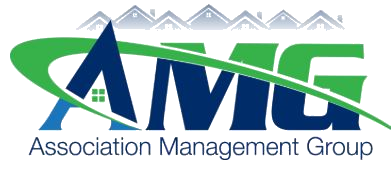Dear Mr. Mengert,
Thank you for contacting me about new reporting requirements under the Corporate Transparency Act. It is an honor to represent the people of North Carolina and I appreciate the opportunity to hear from you on this issue.
As you know, the Corporate Transparency Act (CTA) requires corporations, limited liability companies, and other entities registered to do business in the United States to regularly report information about their beneficial owners to the Financial Crimes Enforcement Network (FinCEN). While this provision was intended to target shell companies engaged in illicit financial transactions, the law requires most companies with 20 or fewer employees and less than $5 million in revenue to make this disclosure. This dramatically increases the compliance burden on nearly every small business in America, and places steep penalties on any business that fails to report.
Over the past several months I have heard from many North Carolina small businesses who were unaware of this change in the law, and a study from the National Federation of Independent Business found that 90% of respondents were entirely unfamiliar with these new requirements.
Given this lack of awareness, on December 18, 2023 I joined a bipartisan, bicameral letter to the Department of Treasury and FinCEN requesting that implementation of this provision be delayed beyond the initial January 1, 2024 start date. Legitimate small businesses should not be caught in the crossfire between regulators and illicit actors, and both Treasury and FinCEN must work harder to educate small businesses before implementing this new regulation.
If you are interested in learning more about what is going on in Congress and my work in Washington D.C. for North Carolinians, you may visit my website at budd.senate.gov. If you need assistance with issues related to Social Security, Medicare, veteran benefits, visas, or other items involving a federal agency, you may call my office at 202-224-3154.
Sincerely,
Ted Budd
United States Senator
























